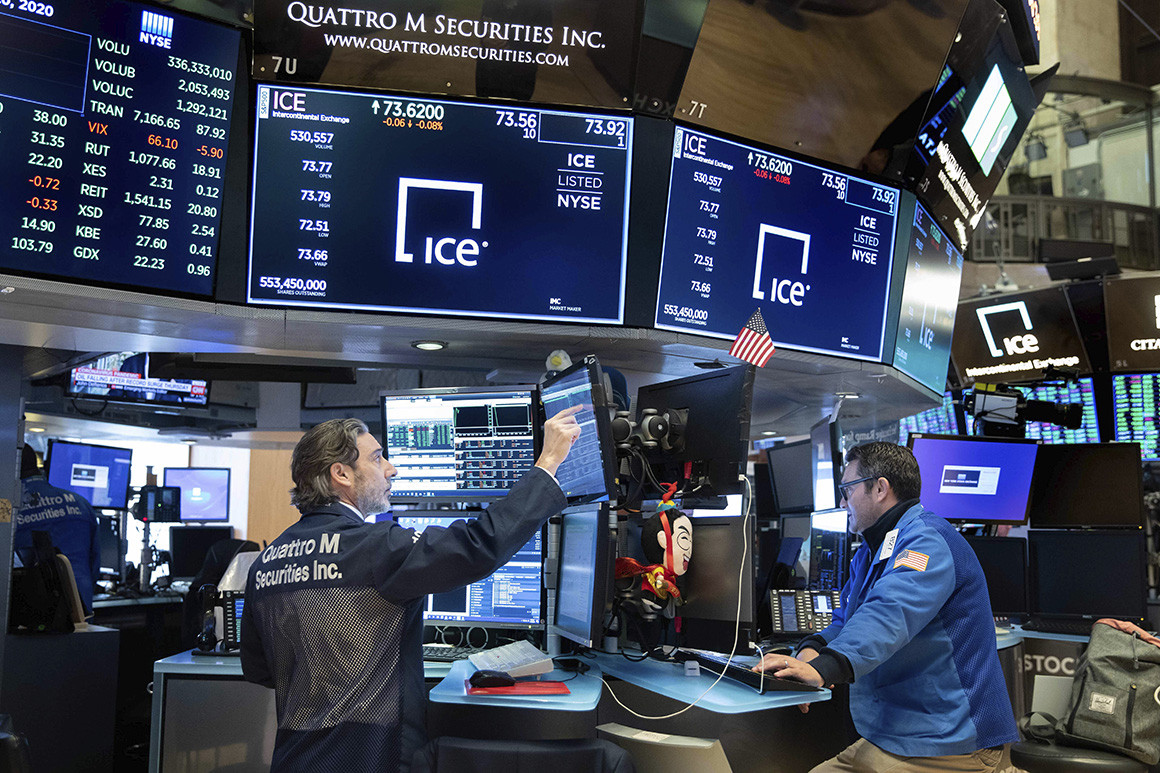There were have been 4,558 IPOs between 2000 and 2020. The most was in the year 2000, with a total of 397 IPOs but these last few years the amount raised in IPOs reached an all time high, showing the increased appetite for risk.

What Is an Initial Public Offering (IPO)?
An initial public offering (IPO) is the process of offering shares of a private corporation to the public in a new stock issuance. Public share issuance allows a company to raise capital from public investors.
To put it simply, imagine you start a company with your family members and you need to raise cash to expand operations. You decide to sell shares of your company to the public to raise the necessary cash. This means you get the cash but you have additional new owners in your firm.
Should we invest in IPOs?
Small investors tend to analyse IPOs based on hope but hope is usually a bad investment.
The transition from a private to a public company can be an important time for private investors to fully realize gains from their investment as it typically includes share premiums for current private investors.
IPOs are often overpriced and a bad idea for small investors and a great one for the stock issuer.
The finance media show histories of success like google or facebook but the data shows a different story and most investors in the initial offering tend to lose money.
Our opinion is very simple: stick to low cost index funds and leave the “analysis game” to the big banks!
Read also: investing for beginners.
